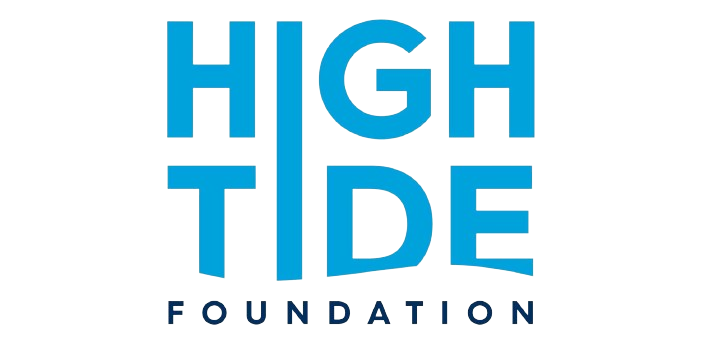COP30: Interconnected high integrity carbon markets seen as a powerful tool for accelerating action
Written by ICVCM
Published
11 min read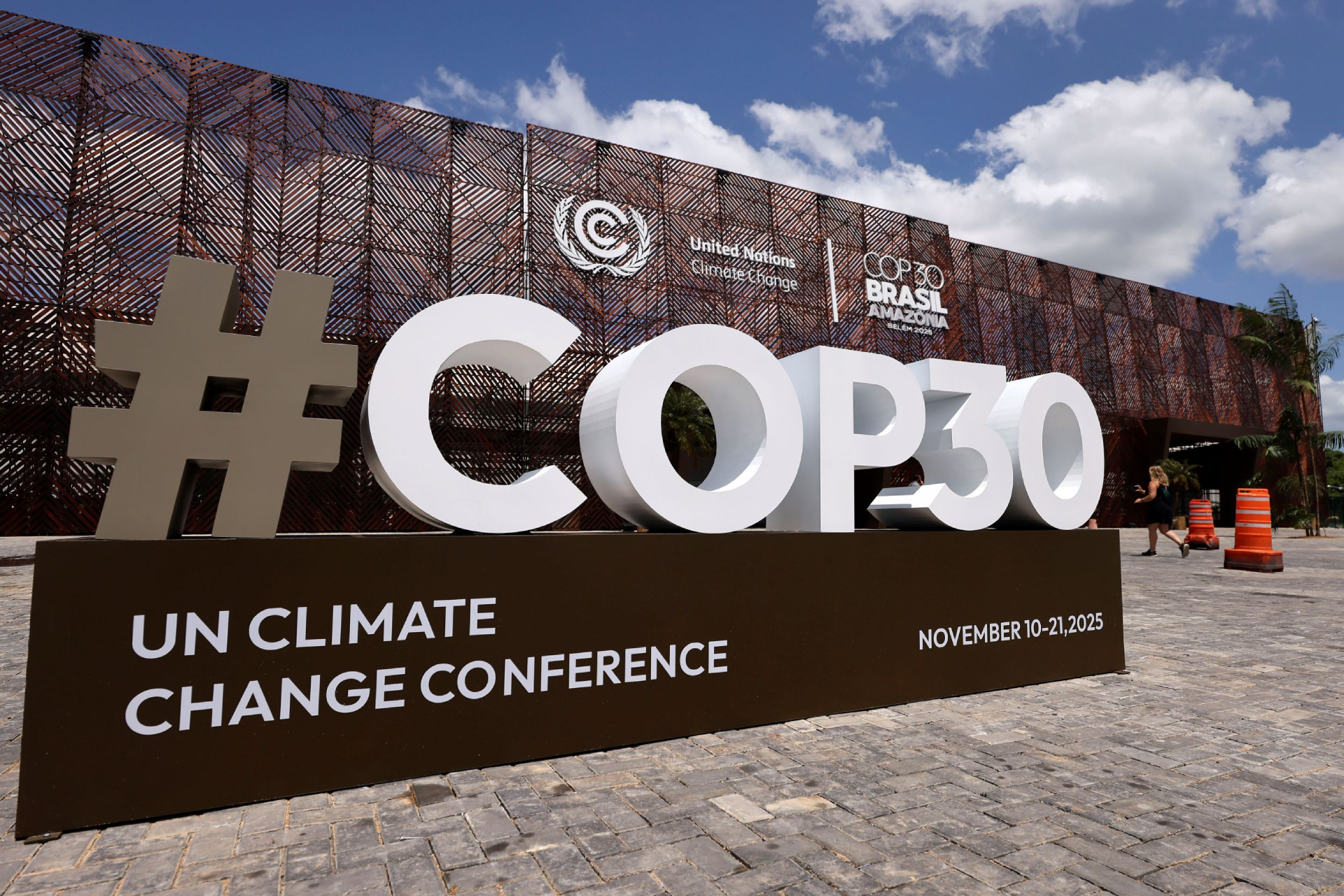
The Integrity Council took part in a wide range of events and discussions at COP30 where a theme was emerging: a growing number of governments are developing carbon markets. Our discussions focused on the importance of alignment between emerging carbon markets and interoperable high integrity global standards.
This is an essential step to ensure that carbon markets are set up in a way that builds trust and fulfils their potential to achieve vital GHG emissions reductions and removals that would not otherwise occur.
We were pleased to see the increased recognition of high integrity carbon markets as a powerful tool in the climate action toolbox as the world works to achieve the Paris Agreement goals. The Integrity Council looks forward to continue engaging with governments as they move forward with their carbon markets as well as working with multiple stakeholder groups to ensure high-integrity is delivered and results in trusted, reliable carbon markets that are accelerating climate action.
Key announcements
The Coalition to Grow Carbon Markets announced its shared principles for high integrity in the use of carbon credits in Sao Paulo. This was followed up at COP30 with the announcement of public support for the principles by a total of 11 governments. This included new supporters such as Canada, Luxembourg, New Zealand, Peru, Switzerland and Zambia. Additional governments including Germany, Indonesia, the Netherlands and South Africa publicly welcomed the principles, signalling wider global alignment.
The ICVCM will continue its work with the Coalition, whose shared principles explicitly reference the ICVCM and the Core Carbon Principles (CCPs) to ensure seamless integration between the demand and supply sides of high integrity carbon markets.
The ICVCM also welcomed the TRACTION Final Report by Monetary Authority of Singapore (MAS), which explores the opportunities and challenges in scaling the early retirement of coal plants in Asia through high-integrity transition credits. ICVCM will build upon the findings of the TRACTION Final Report in our ongoing Continuous Improvement Work Program to develop recommendations on approaches to ensure high integrity in transition credits.
In Sao Paulo, Indonesia’s Ministry of Forestry and the Integrity Council formalised a strategic partnership to support the alignment of Indonesia’s forestry carbon credits with the Core Carbon Principles (CCPs). The partnership aims to ensure Indonesia’s forestry credits deliver real, measurable and verifiable climate impact consistent with global high-integrity standards. Capacity building, technical support and knowledge exchange are a key focus of the collaboration with the aim of strengthening Indonesia’s carbon market systems. The agreement supports Indonesia’s sustainable development priorities and improved outcomes for local communities.
The self-led Indigenous Peoples and Local Communities Engagement Forum – which is currently hosted by ICVCM – launched its Carbon Market Engagement Strategy and opened consultations to shape the reform of carbon markets, ensuring local rights and interests are protected. The Forum opened global consultations, including in-person COP30 sessions and an online survey, to gather community input that will shape the strategy’s evolution. The strategy aims to ensure carbon markets respect rights, elevate community voices, and distribute benefits fairly, while helping eliminate low-quality projects that undermine rights or climate integrity.
The strategy outlines five priority areas, initially focusing on: removing barriers to market entry, capacity building and community self-strengthening, and defining best practice for benefit-sharing. Practical tools such as the production of best practice guides, digital toolkits, and case studies are planned outputs and the Forum will convene working groups and regional partners to strengthen community leadership and support fair, high-integrity participation. The strategy is designed as a living framework, continuously updated through community feedback gathered at COP30 and through global engagement channels.
Engagement Highlights
Carbon Markets – Challenges and Opportunities for Brazil
Remo Filleti, ICVCM’s Carbon Technical Analyst, joined a session hosted by BNDES (Brazilian Development Bank) exploring Brazil’s evolving carbon market landscape. The discussion highlighted how clear policy frameworks and integrity-based standards can unlock investment and position Brazil as a global leader in sustainable finance.
Bringing Order to Fragmented Market Infrastructure
At the IETA & Hedera Foundation event, Lorna Ritchie, ICVCM’s Director of Public Affairs, joined experts from Gold Standard, Climate Action Data Trust, Evercity, and ACX Brazil to discuss the need for interoperable, transparent, and standardised data systems to underpin a scalable voluntary carbon market.
Navigating Indonesia’s Carbon Market: Challenges, Opportunities and the Road Ahead
At this high-level dialogue on Indonesia’s carbon market framework, Lorna Ritchie presented on how the Core Carbon Principles are becoming a global standard for quality and integrity. The session explored regulatory developments under MoEF Regulations No. 21/2022 (Procedure for Implementation of Carbon Pricing) and No. 7/2023 (Procedures for Carbon Trading in the Forestry Sector), strategies to attract investment in nature-based solutions, and pathways to strengthen international cooperation through Article 6.2 and Mutual Recognition Agreements. Lorna highlighted how CCPs can build confidence in Indonesian carbon credits, fostering trust and market readiness among global stakeholders.
Safeguarding Climate Action – Reforming Carbon Markets and Accelerating CO₂ Removals
Anton Tsvetov, ICVCM’s Director for Continuous Improvement Work Programs, contributed to a dialogue on strengthening standards and governance to ensure carbon removals deliver measurable, durable climate benefits. The discussion, organised by Negative Emissions Platform, explored how initiatives like the Core Carbon Principles (CCPs®) are helping align markets with environmental integrity and transparency.
N4C Carbon Markets Day at the Nature Pavilion
Anton Tsvetov also spoke at N4C Carbon Markets Day at the Nature Pavilion, which focused on how high-integrity carbon markets can accelerate climate ambition, protect and restore nature, and deliver equitable outcomes for Indigenous Peoples and Local Communities. Anton contributed to panels on the science behind nature, examining evidence, durability, and integrity in carbon markets and on continuous improvement and integrity, highlighting how carbon markets are evolving to strengthen trust and deliver measurable results.
Indigenous Listening: Elevating Guardianship for Planetary Resilience
At the Goals House roundtable hosted by Nia Tero, Stella Napanu,Indigenous Peoples Outreach and Policy Senior Manager, joined Indigenous leaders, policymakers, funders, and allies to spotlight the critical role of Indigenous Peoples in global climate governance. The discussion emphasised how Indigenous guardianship – sustaining lands, waters, and skies for millennia – must inform strategies for planetary resilience. Participants reflected on the first week of COP30 negotiations, aligned on urgent priorities, and co-designed actionable approaches to ensure Indigenous leadership and knowledge shape climate decision-making.
Indigenous Peoples and Local Communities Engagement Forum
The Forum hosted an event bringing forward critical perspectives from both Indigenous Peoples and local communities on integrity, rights, and equitable participation in carbon markets. The session From Vision to Action – Indigenous Leadership and Integrity in Carbon Markets brought Indigenous and local leaders together to explore how rights-based, community-led approaches can ensure climate finance works for and with the communities most affected by climate change.
Forum Co-Chair Onel Masardule also shared insights at the We Mean Business Coalition panel on Mobilising the Private Sector for Regenerative Land Use, highlighting opportunities for deforestation-free, nature-positive investment and collaboration.
Why This Matters
The Core Carbon Principles (CCPs®) are driving interconnectedness and interoperability across countries and standards. A shared understanding of high integrity in carbon markets can accelerate progress on Nationally Determined Contributions (NDCs) and unlock the global market’s potential for impactful climate solutions.
CCP-labelled carbon credits are increasingly recognised as the signifier of quality, with increased demand from buyers and recognition from governments. High-integrity carbon markets must support the rights and interests of both Indigenous Peoples and local communities, who are key decision makers in market development and implementation – which is why the launch of the Forum’s strategy and the work it delivers is so critical.
Looking Ahead
COP30 has increased recognition of the role of high-integrity carbon markets in achieving global climate goals. The Integrity Council will continue to work with all stakeholders from governments to international institutions, project developers, Indigenous Peoples, as well as local communities to build trust, drive progress, and ensure that carbon markets deliver real, measurable climate benefits.
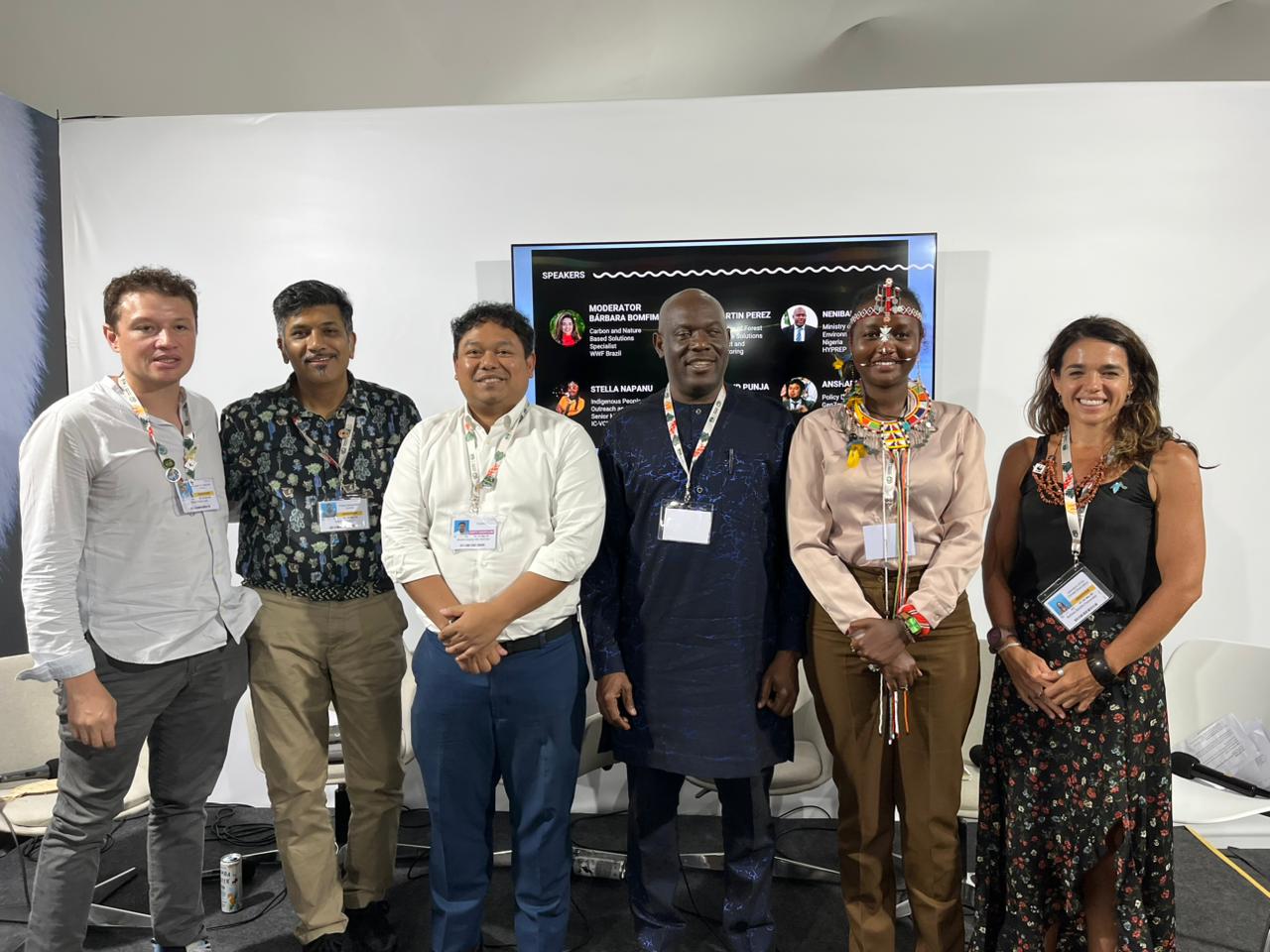
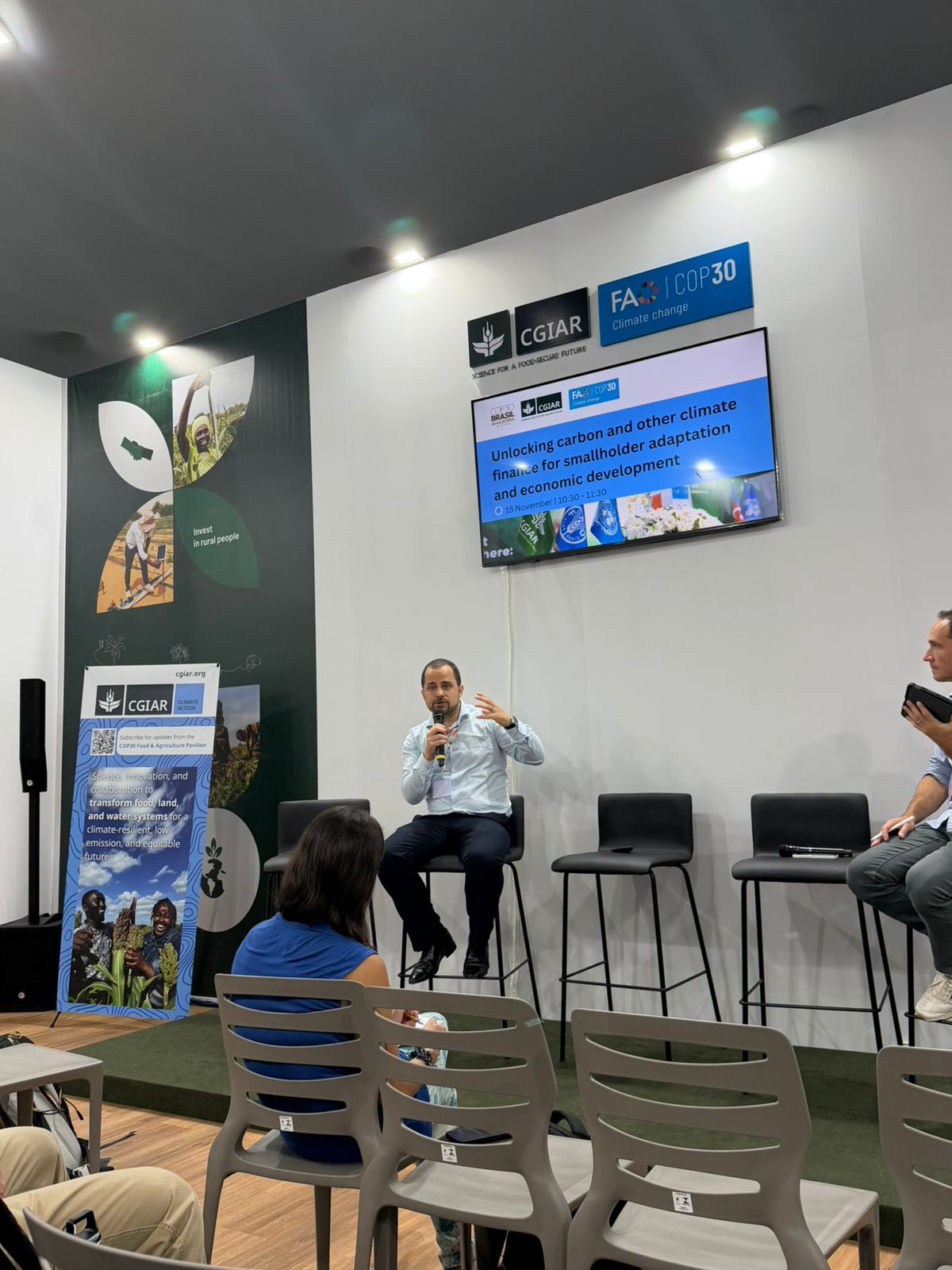
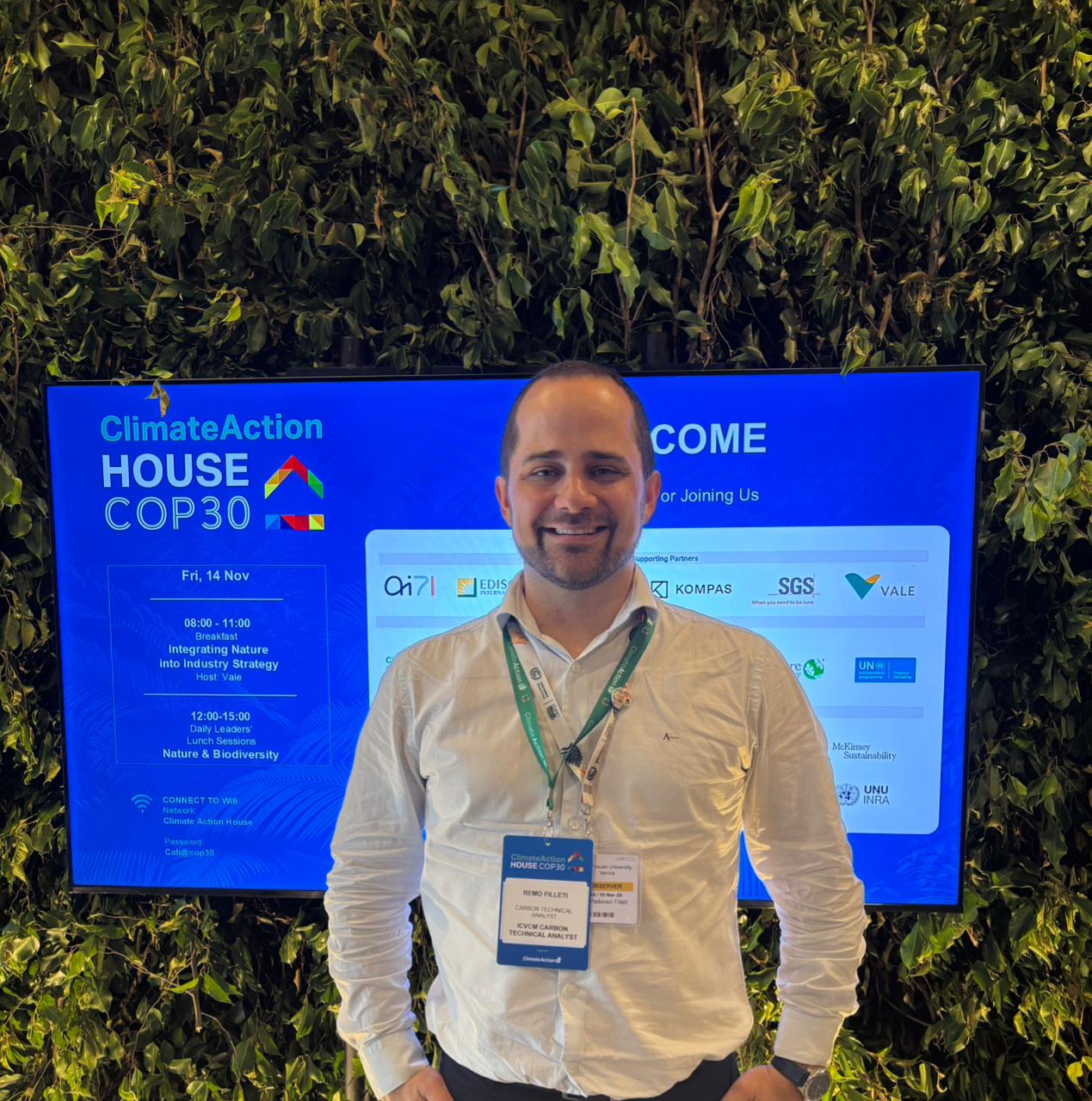
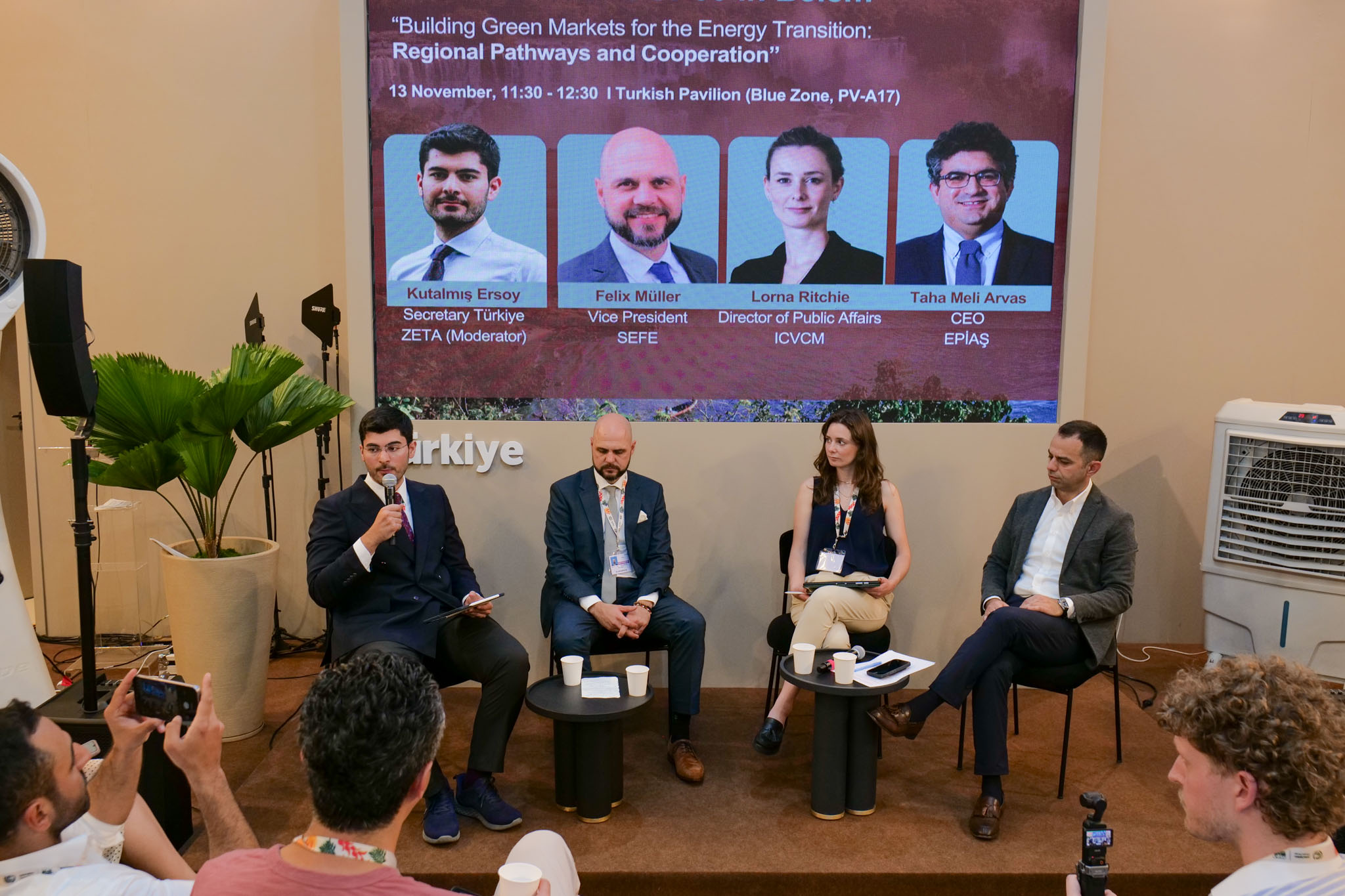

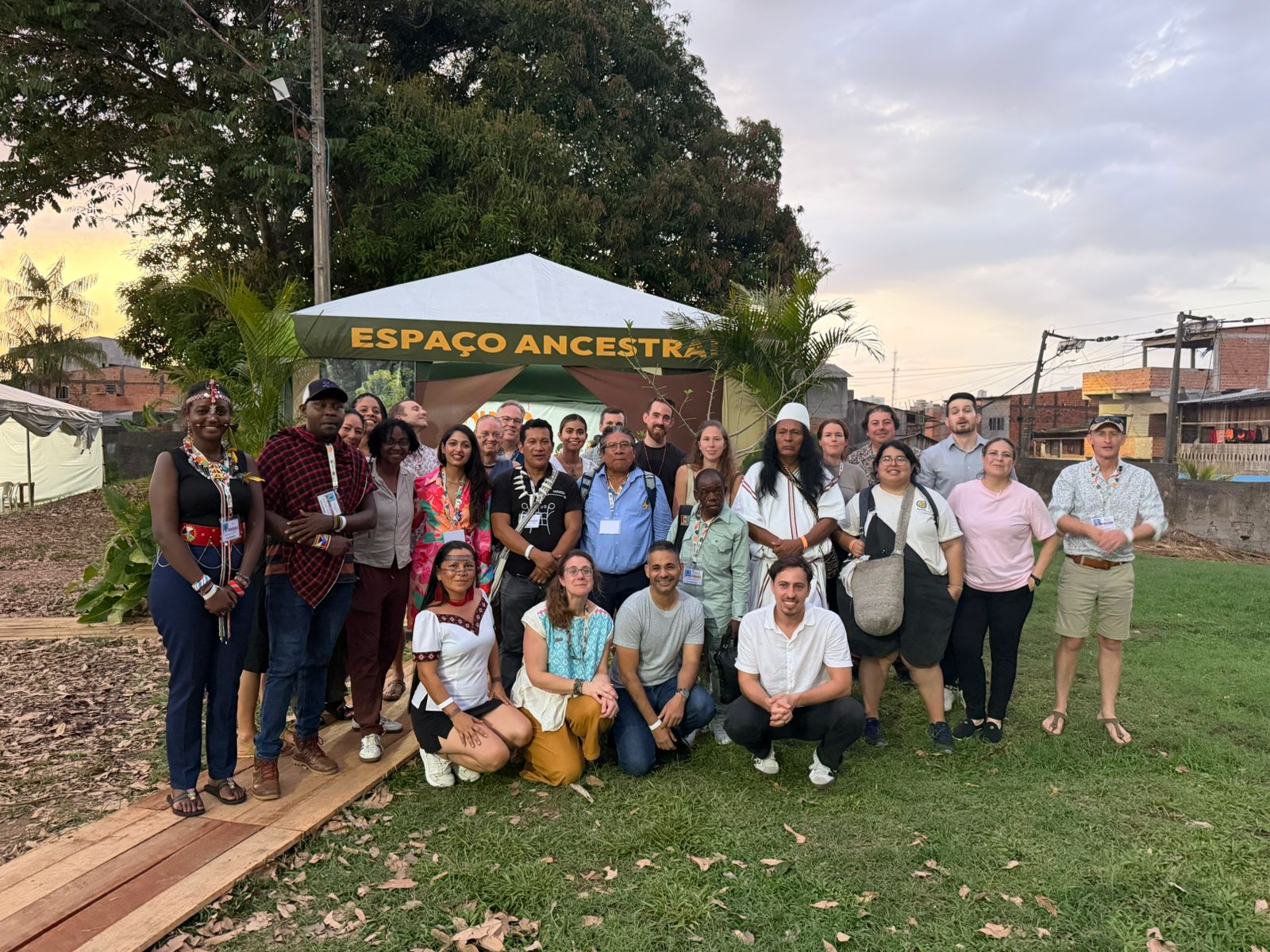
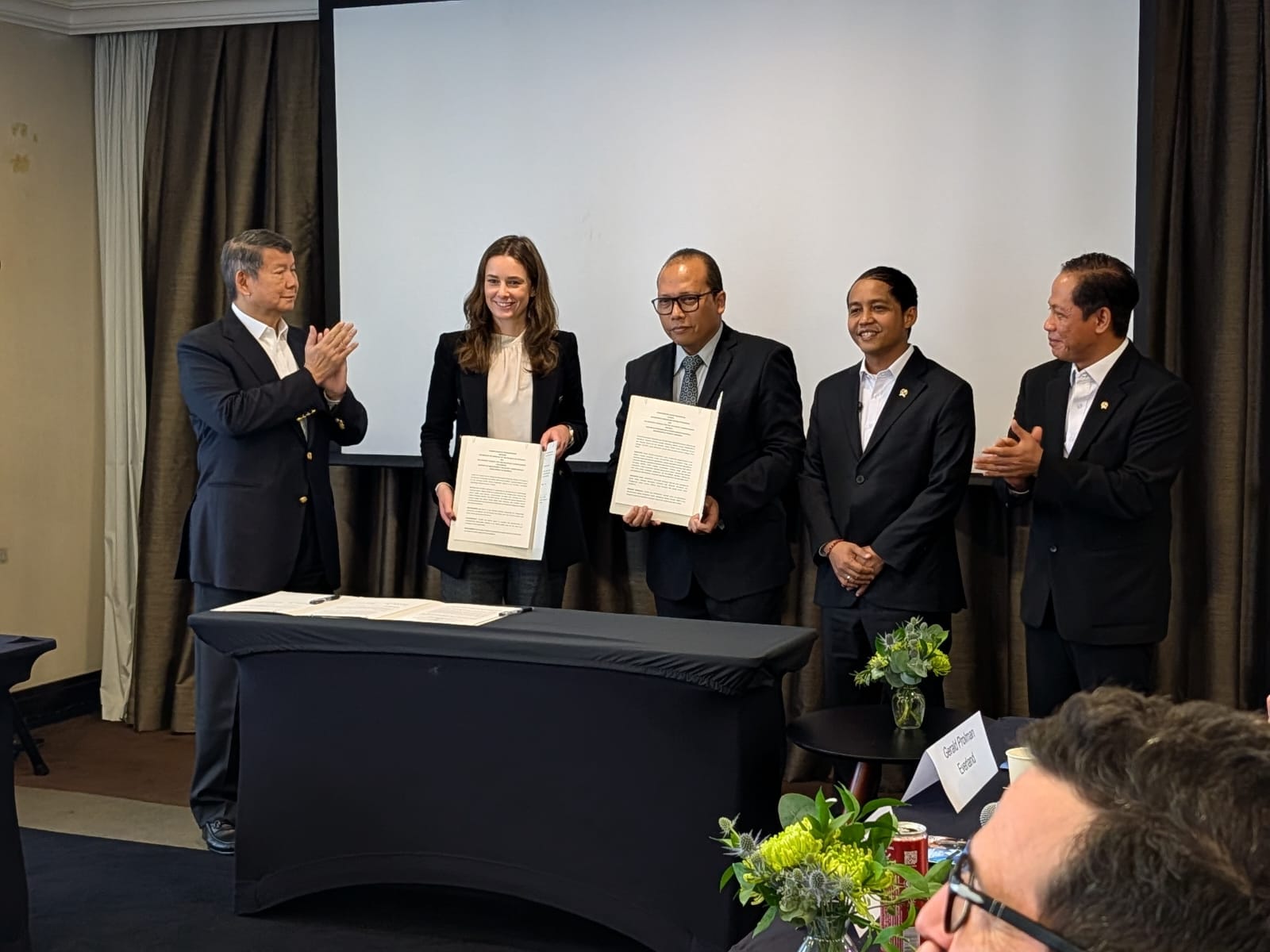
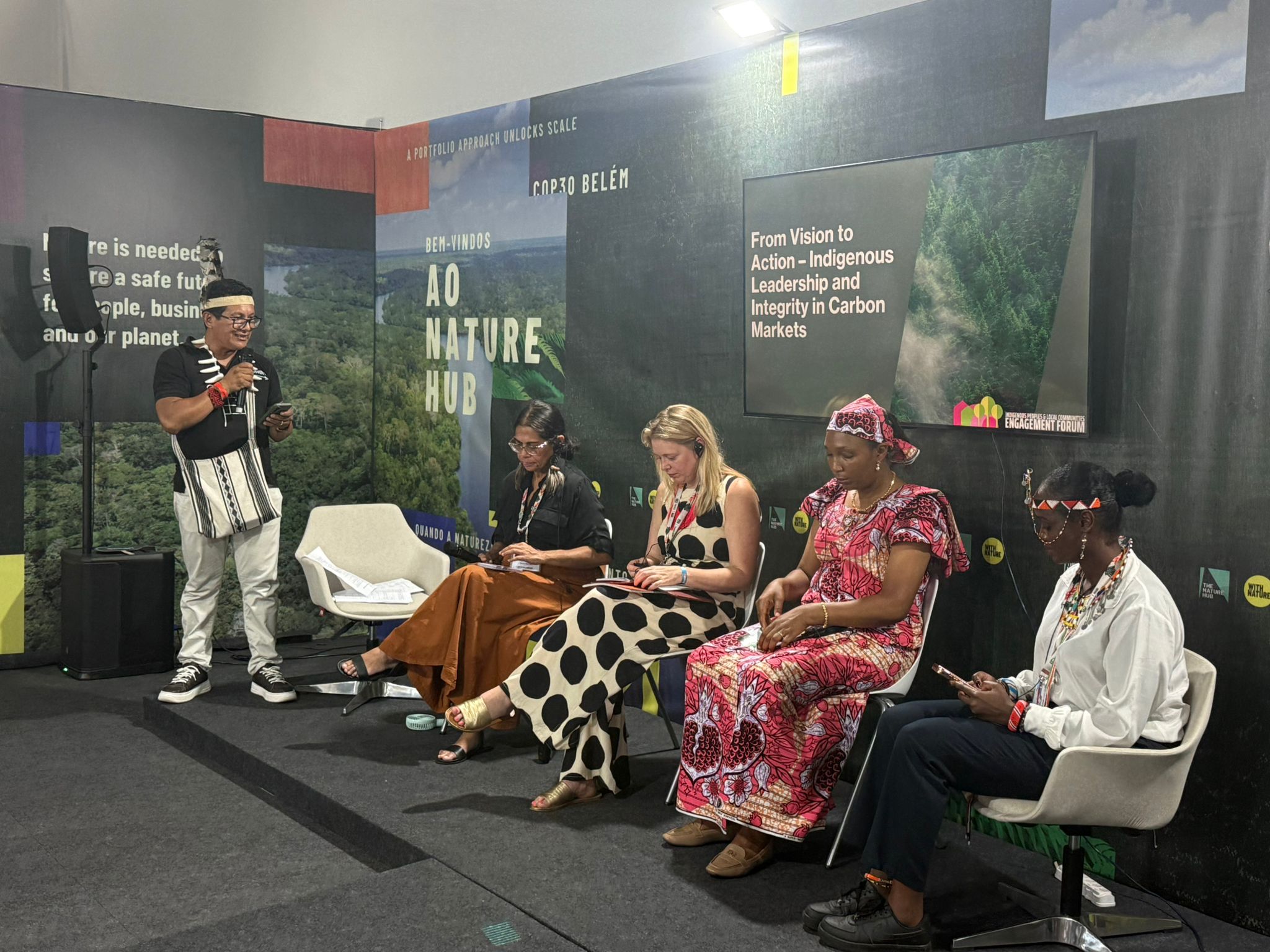
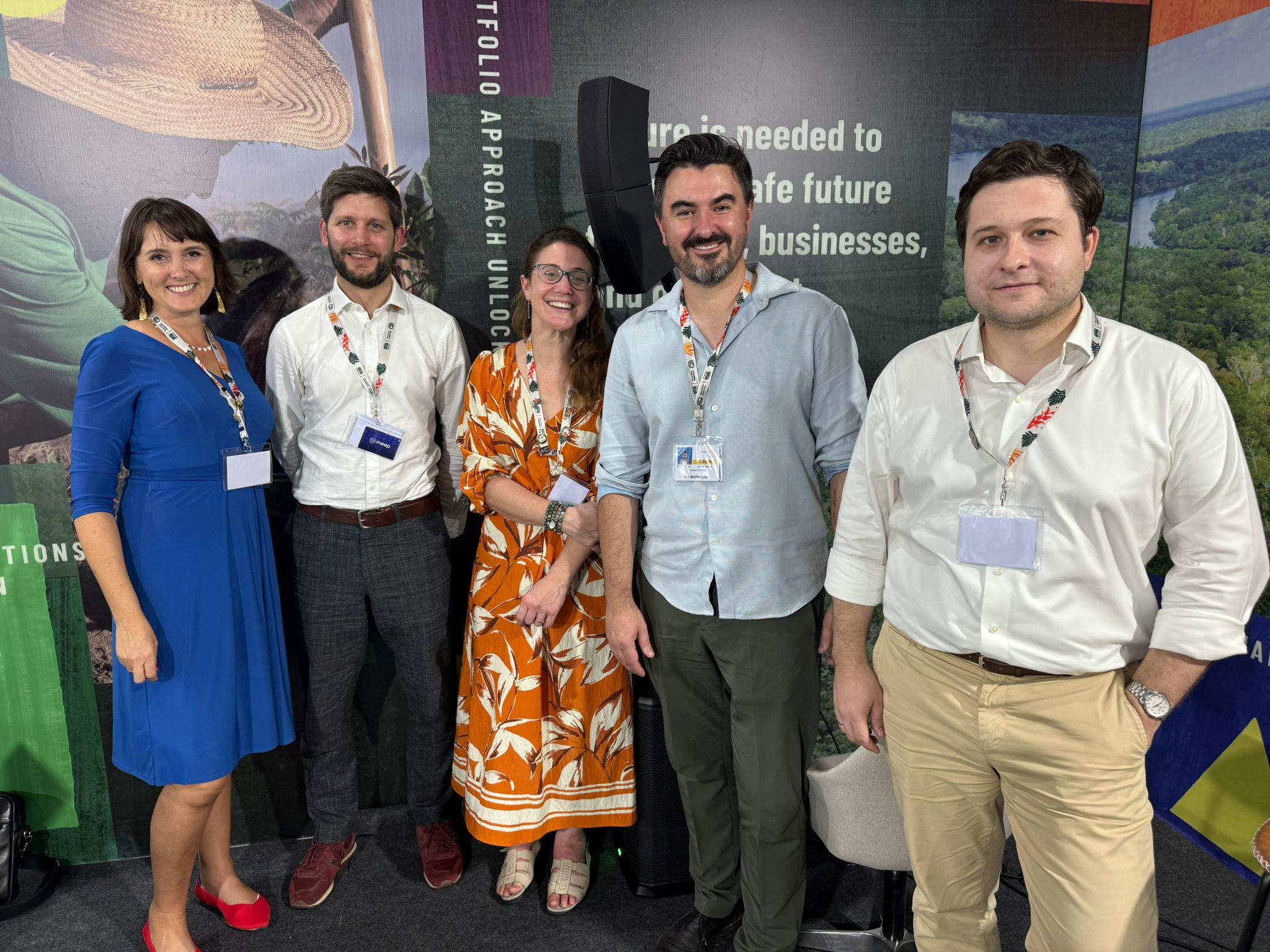
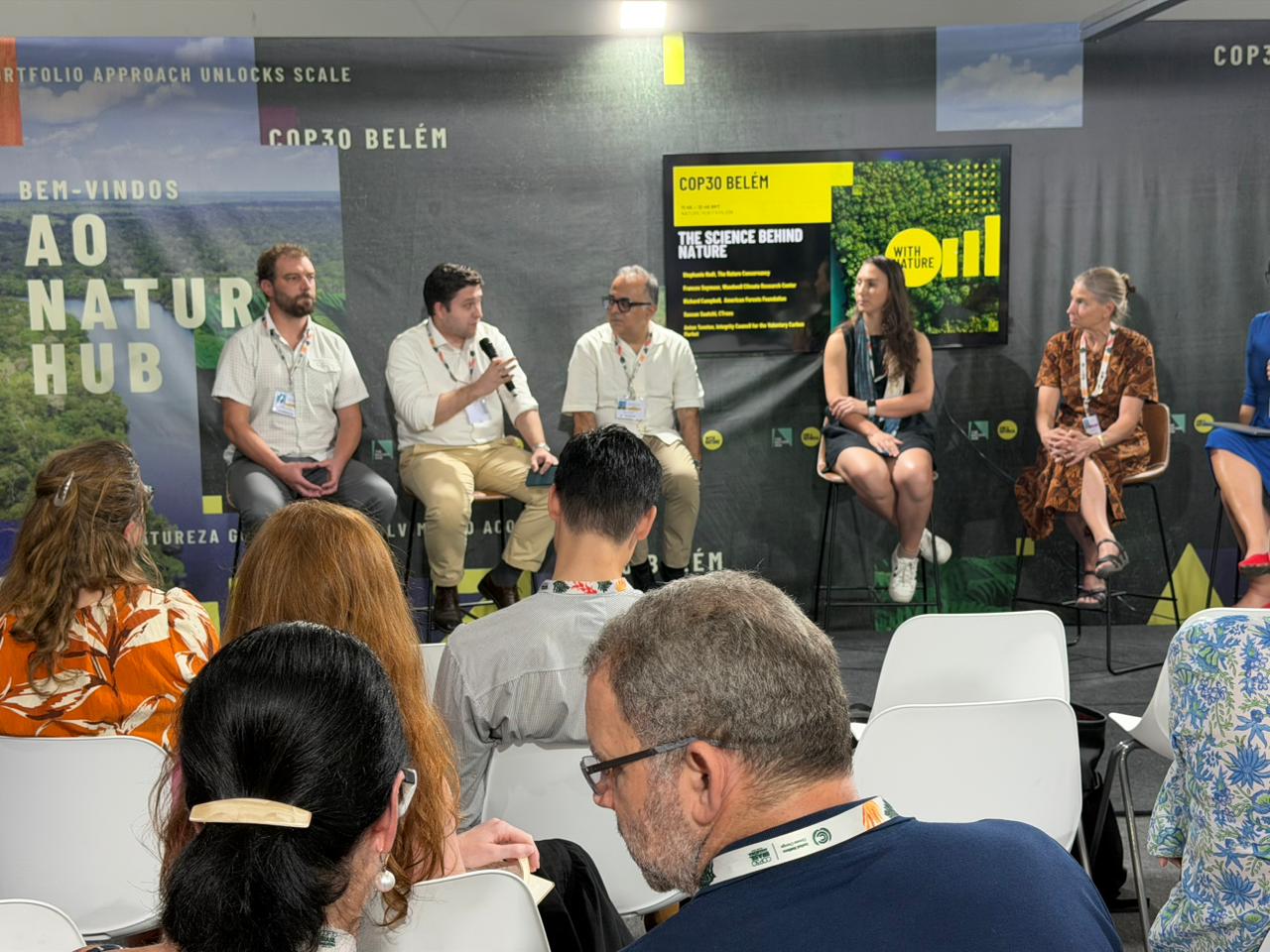
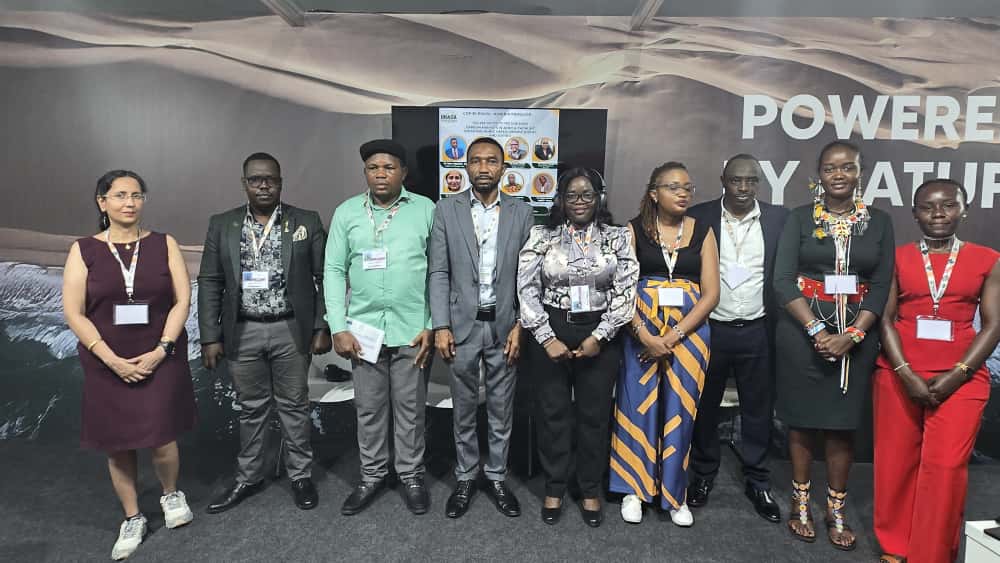
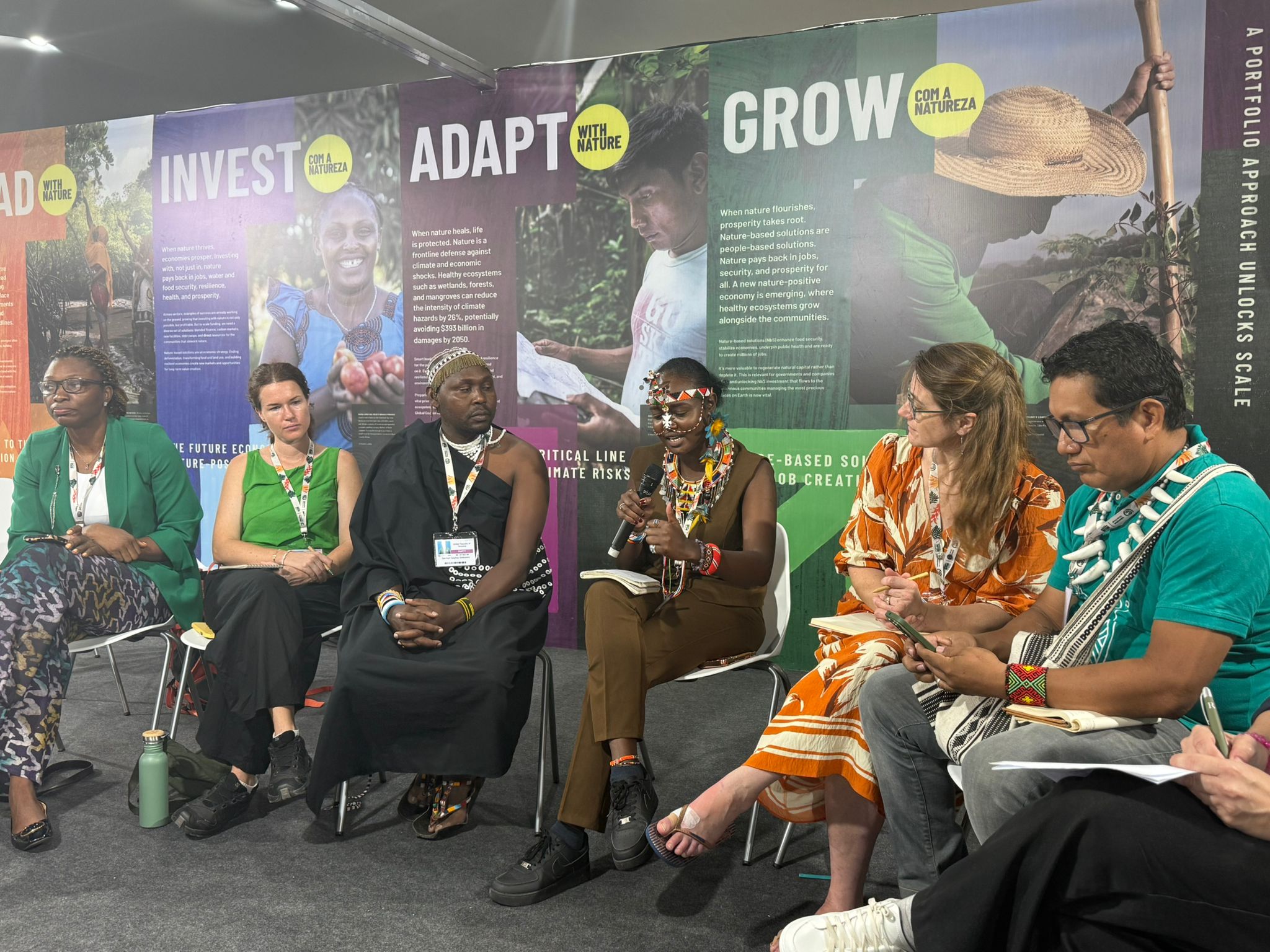

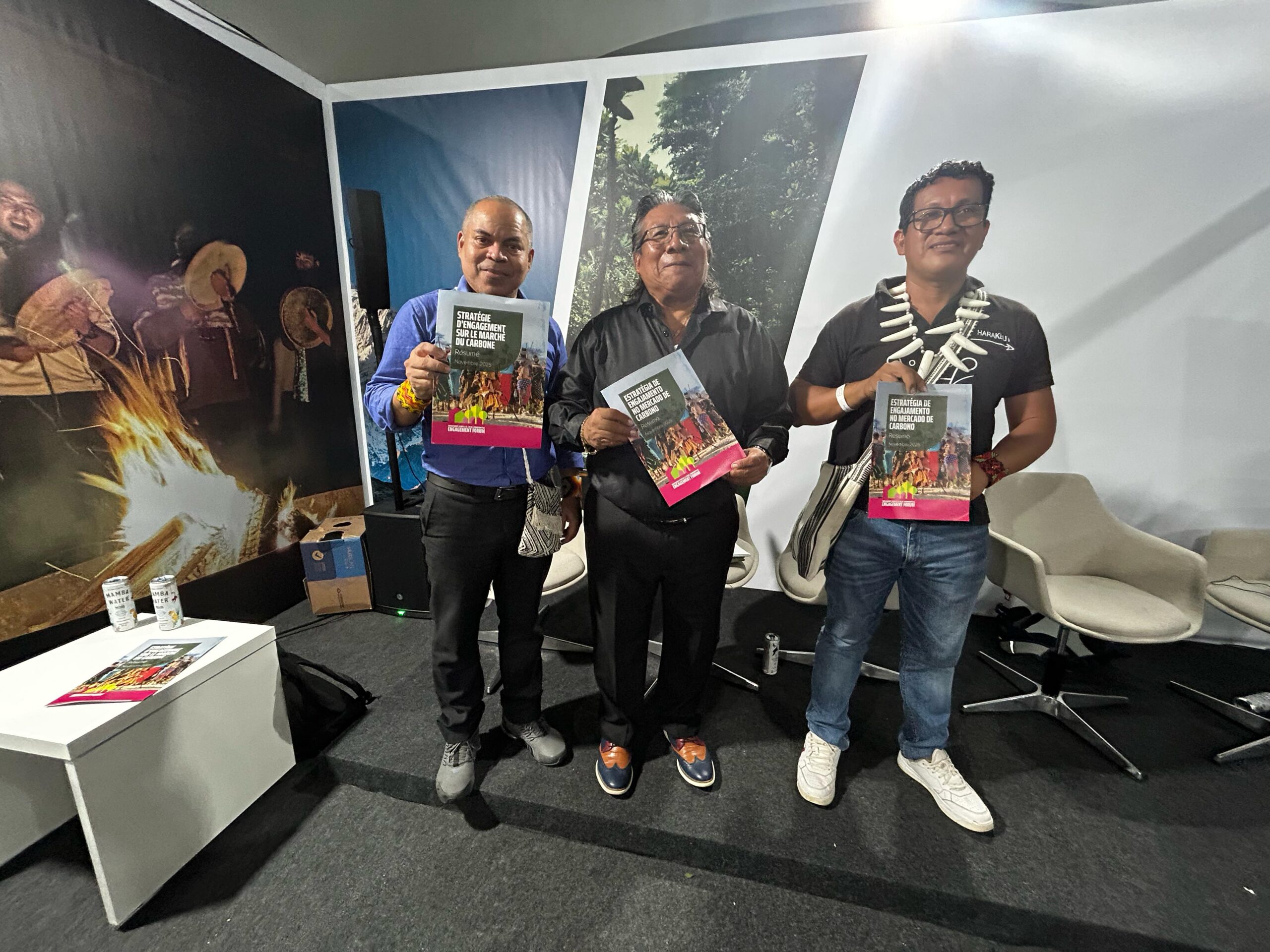

The Core Carbon Principles
The Core Carbon Principles (CCPs) are ten fundamental, science-based principles for identifying high-quality carbon credits that create real, verifiable climate impact.

Stay in touch
Sign up to the Integrity Council’s newsletter for ongoing updates on high-integrity in the voluntary carbon markets.
Newsletter




